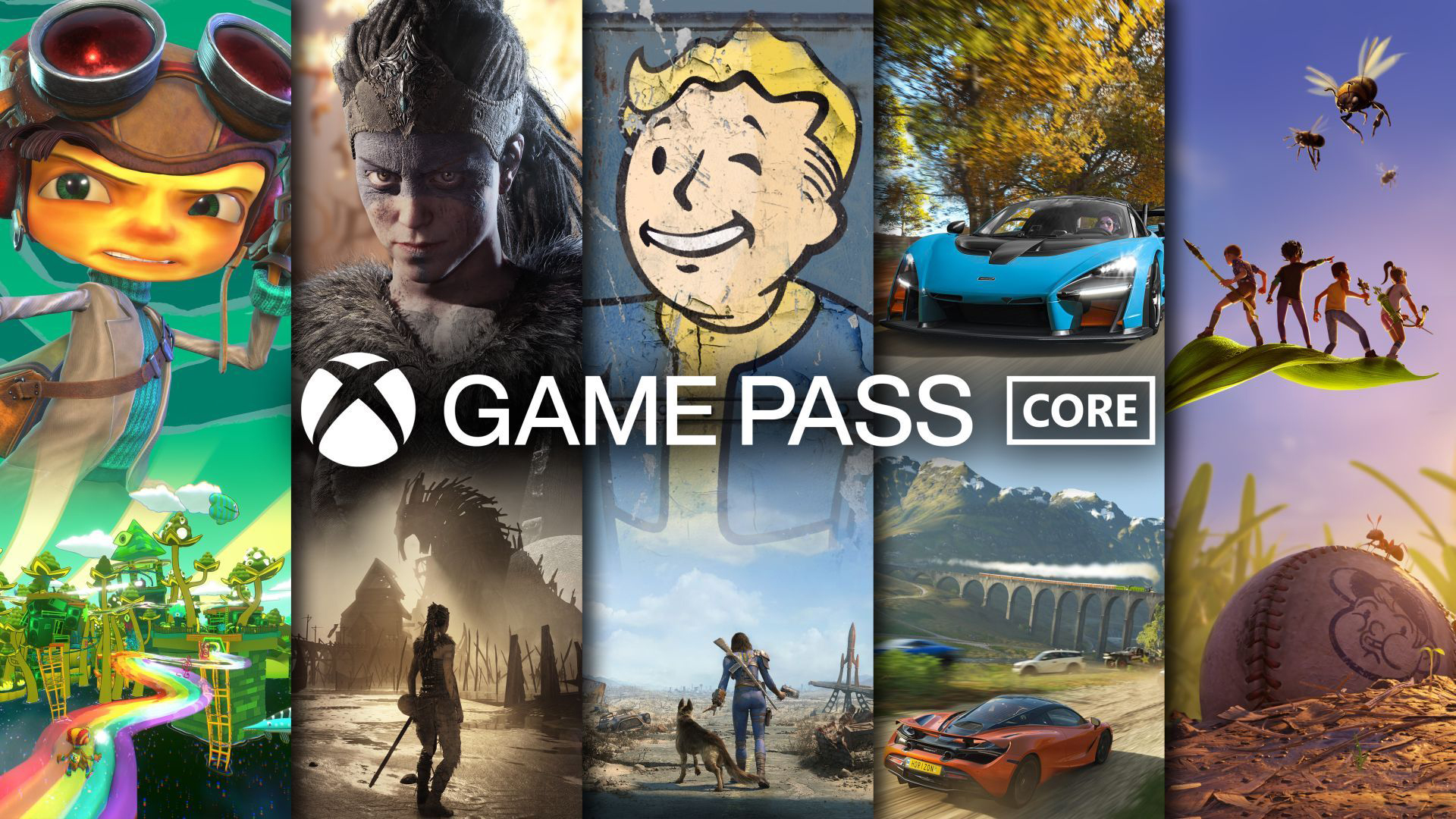- Published on
Revenue from game subscriptions like Xbox Game Pass has barely grown in 2 years, potentially explaining Microsoft's studio closures
Video game subscription revenue has barely increased in the US in the last two years, despite Microsoft's recent $69 billion acquisition of Activision Blizzard.

Revenue from gaming subscriptions has reportedly barely increased in the last two years in the US, which might help paint a clearer picture around Microsoft's recent studio closures.
Video game industry analyst Mat Piscatella took to social media to report that "non-mobile video game subscription spending was only up 1%" compared to this time last year. Compounding that, subscription spending in April 2023 was only 2% higher than it was in April 2022, meaning revenue generated from PlayStation Plus, EA Play, Xbox Game Pass, and similar services saw narrow growth.
Revenue shouldn't have to balloon annually for an industry to remain healthy, but giant gaming companies have been chasing and investing toward unsustainable growth for years, which makes the above news a little worrisome. Microsoft in particular has gone all out on its Game Pass initiative by launching all its published games into the service and spending $69 billion to acquire Activision Blizzard.
Microsoft shut down four Bethesda subsidiaries yesterday after having acquired them four years ago. Tango Gameworks (Hi-Fi Rush, The Evil Within, GhostWire: Tokyo), Arkane Austin (Redfall, Prey), and Alpha Dog Games (mobile spin-off Might Doom) were all canned, while Roundhouse Studios was folded into The Elder Scrolls Online stewards ZeniMax Online.
Xbox Game Studios boss Matt Booty sent an email to staff, seen by IGN, explaining that the studio closures allowed the mega corporation to focus on "prioritizing high-impact titles and further investing in Bethesda’s portfolio of blockbuster games."
Xbox's strategy at one point seemed to focus on filling out genre gaps in Game Pass with niche games like Hi-Fi Rush, meaning that even if a game didn't break even via sales numbers, it could still be deemed successful as long as it kept a subsect of players subscribed. Hopefully, that line of thinking isn't completely dead at the company since its buying spree only began less than a decade ago. But dropping more than $70 billion on countless studios *before *Game Pass saw substantial growth was, at best, a premature decision.